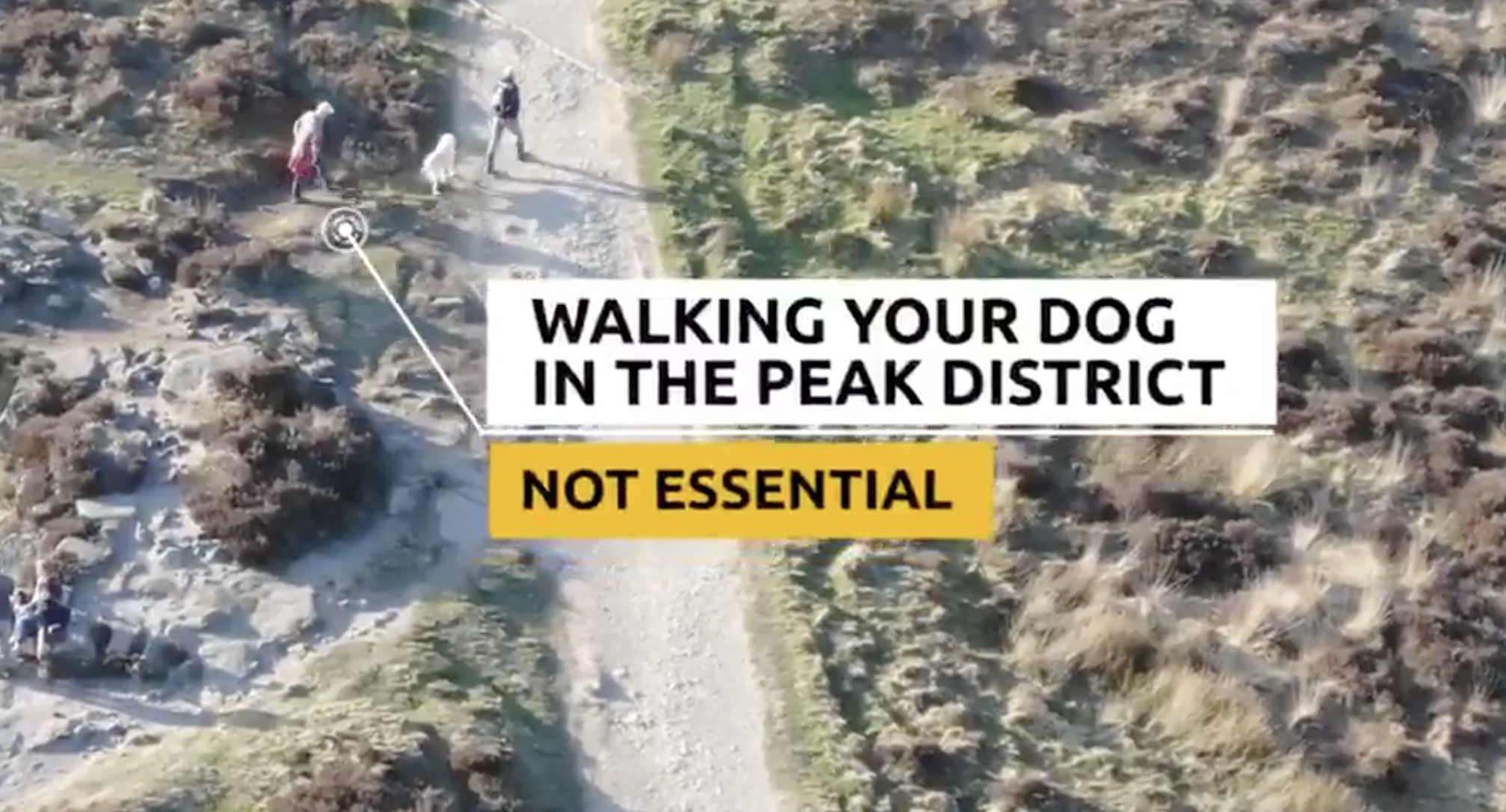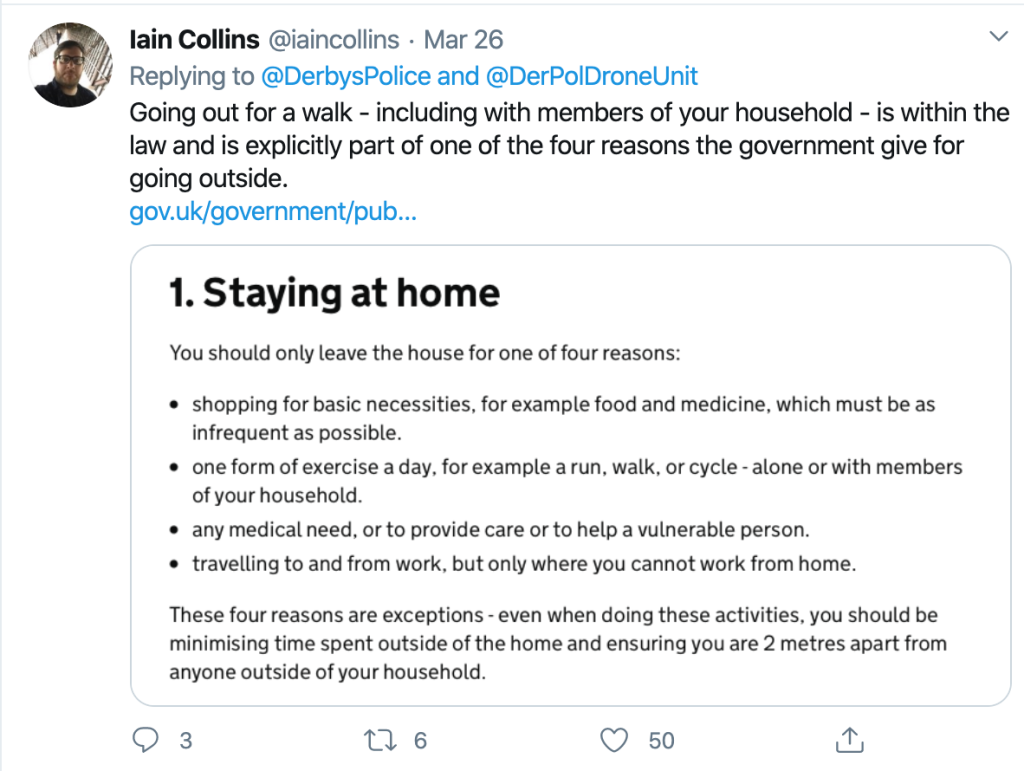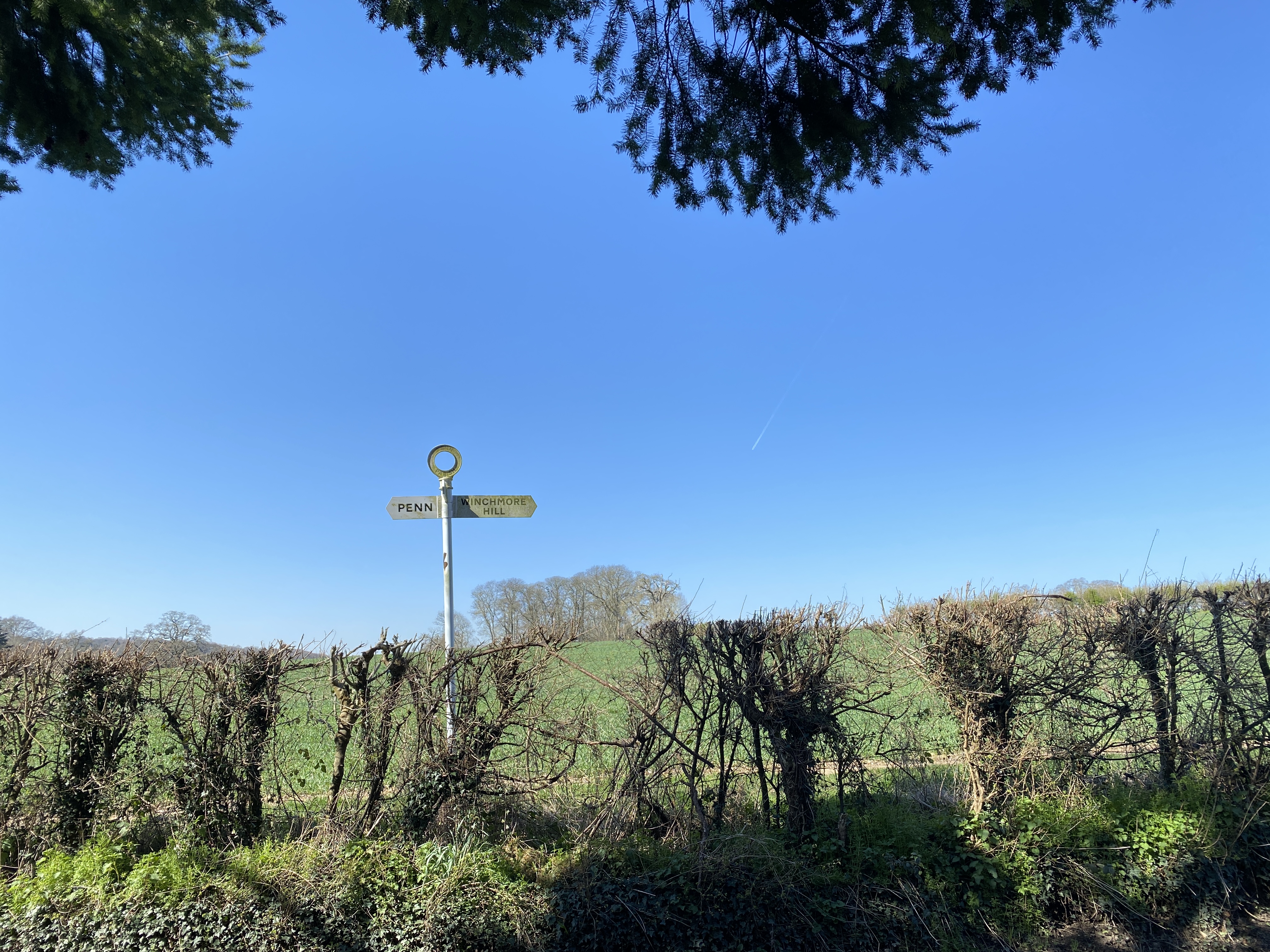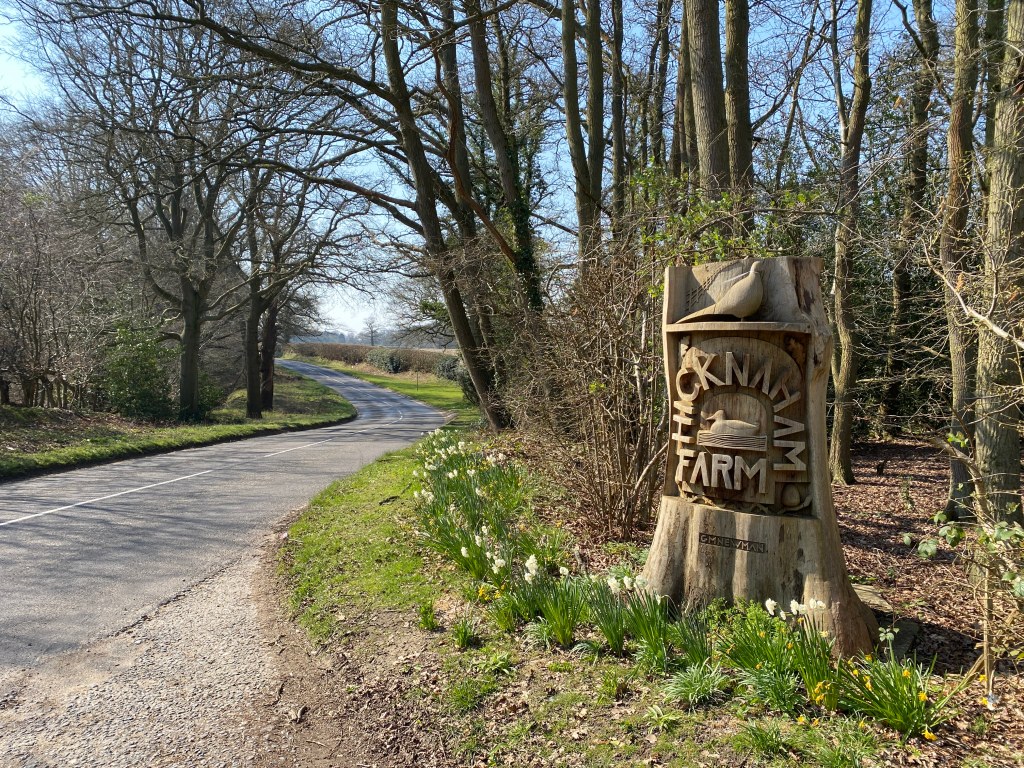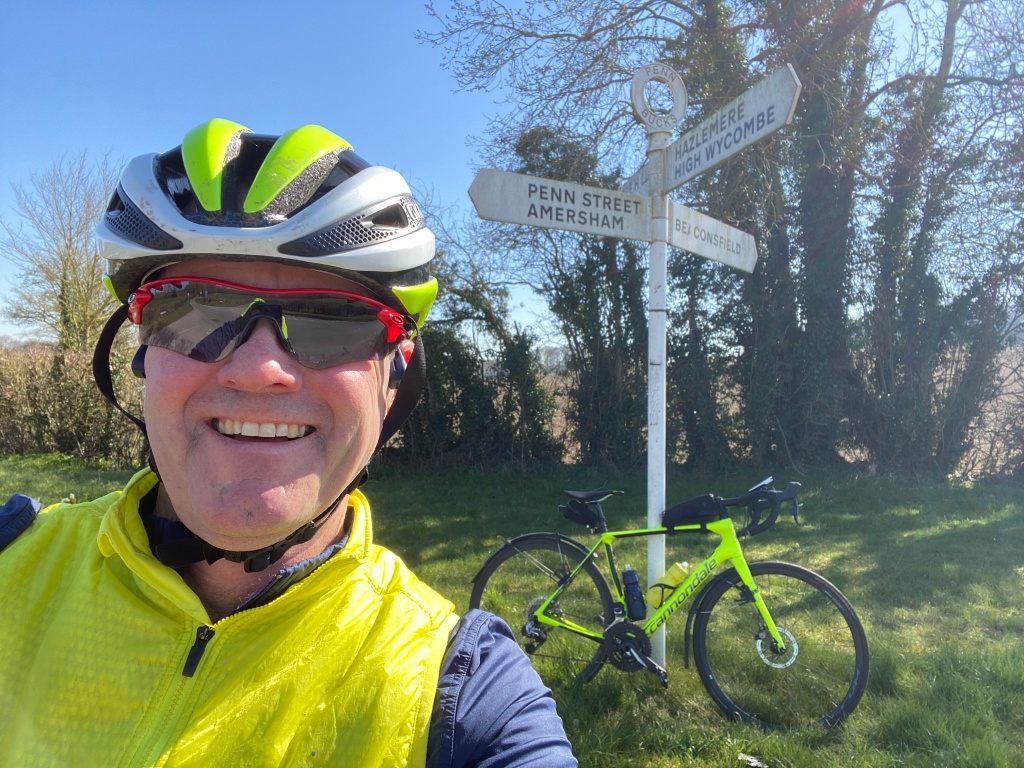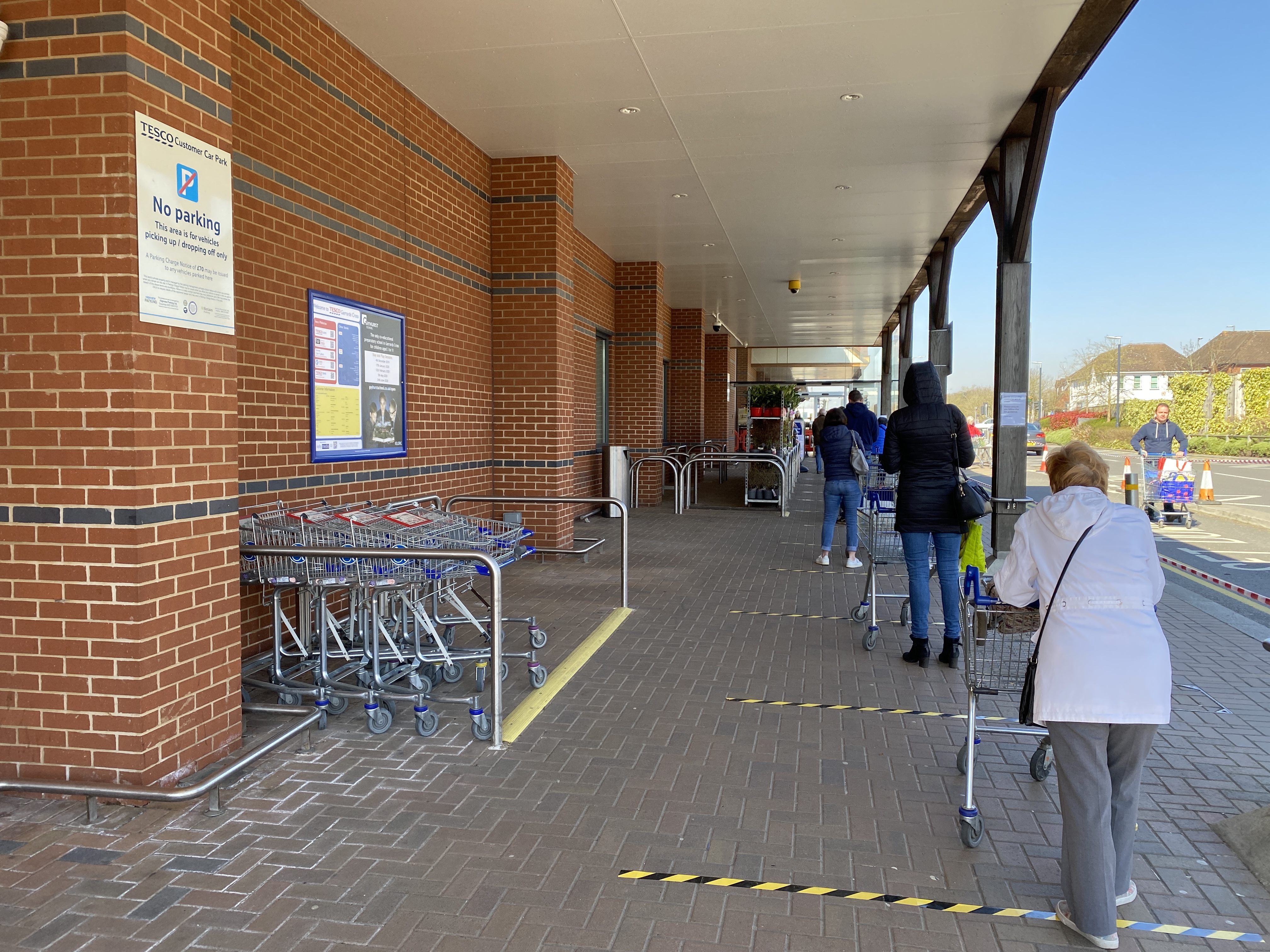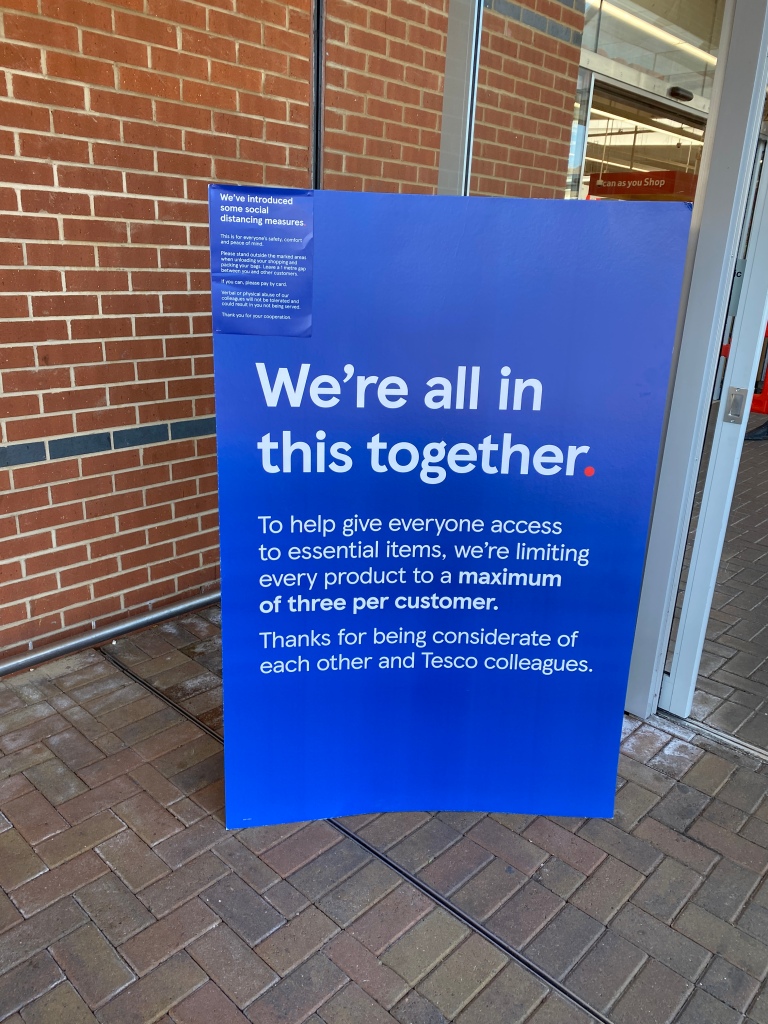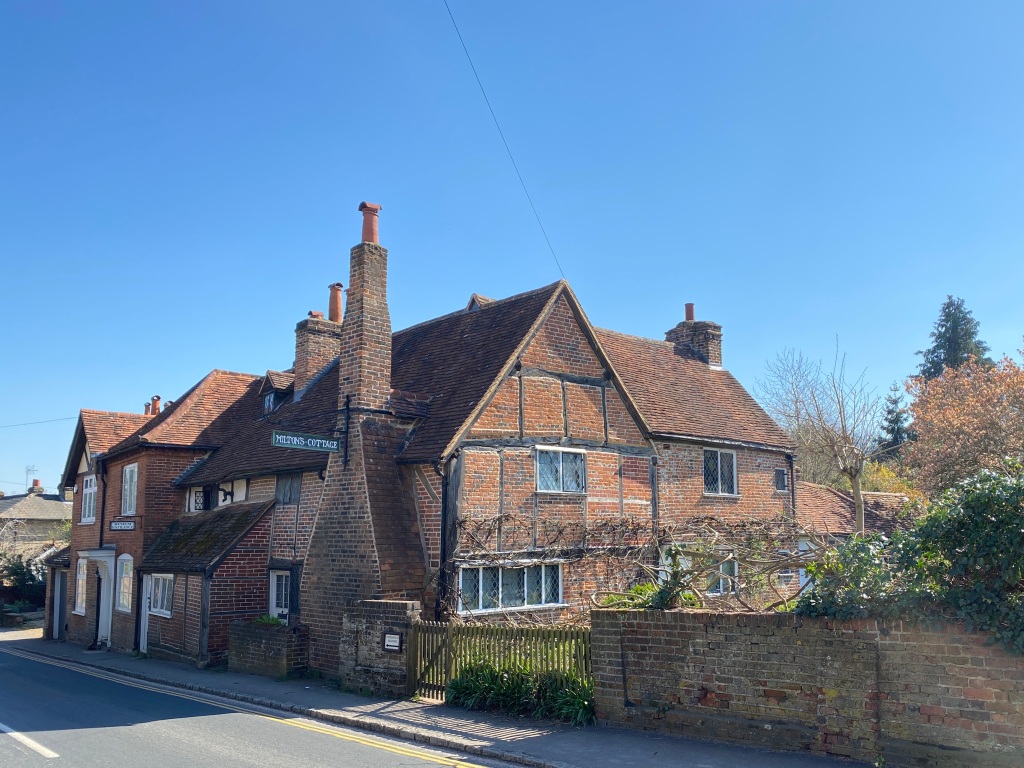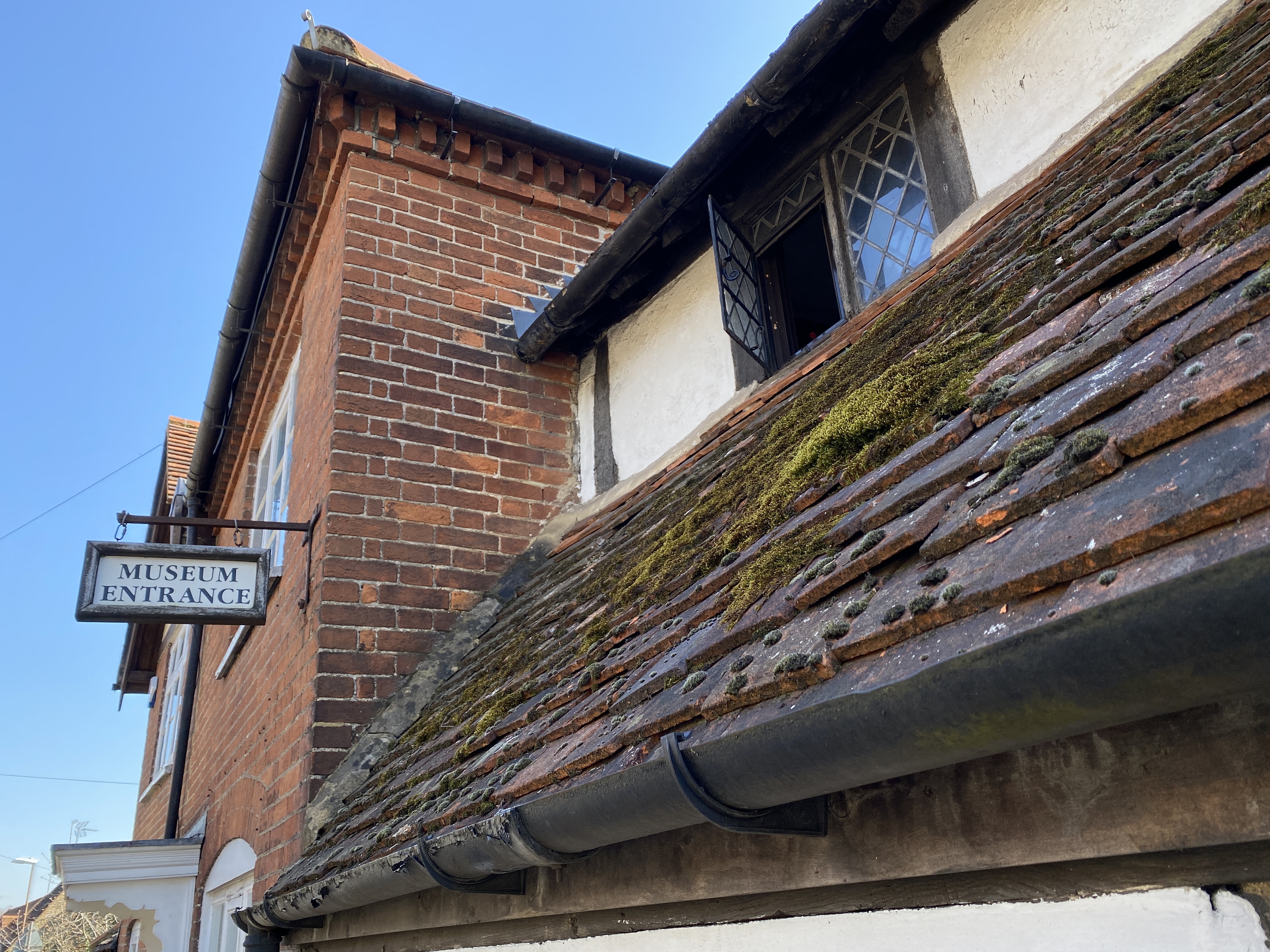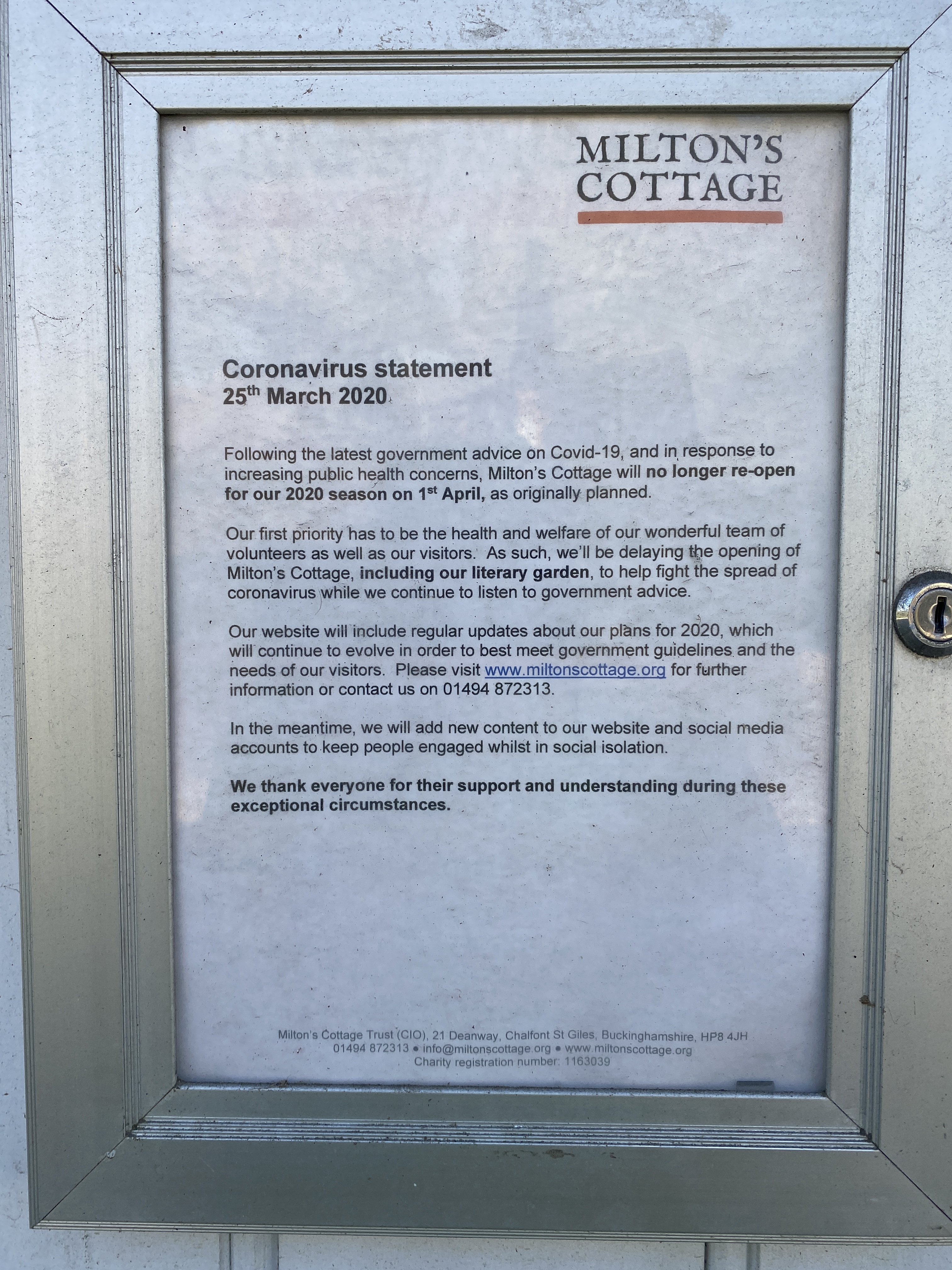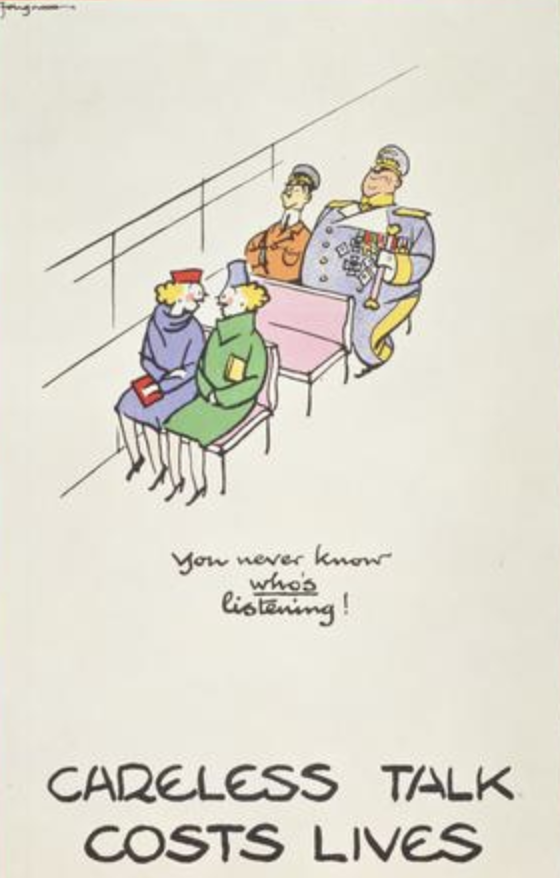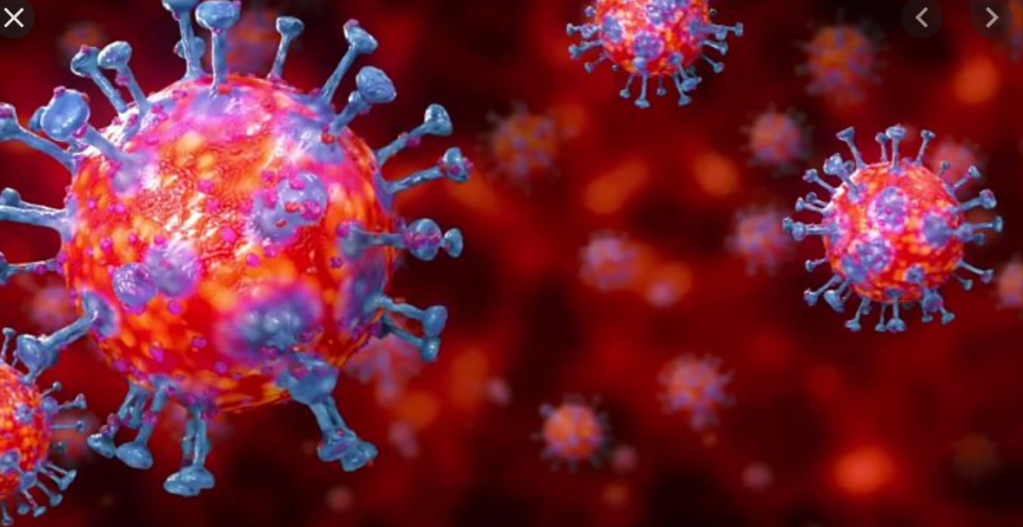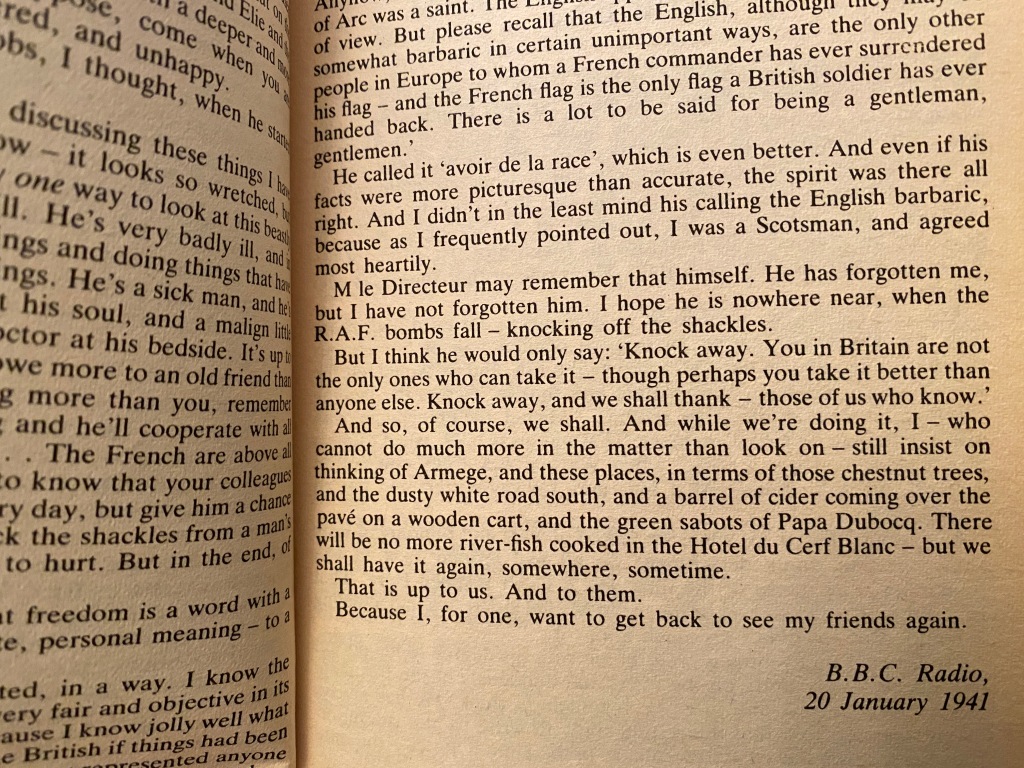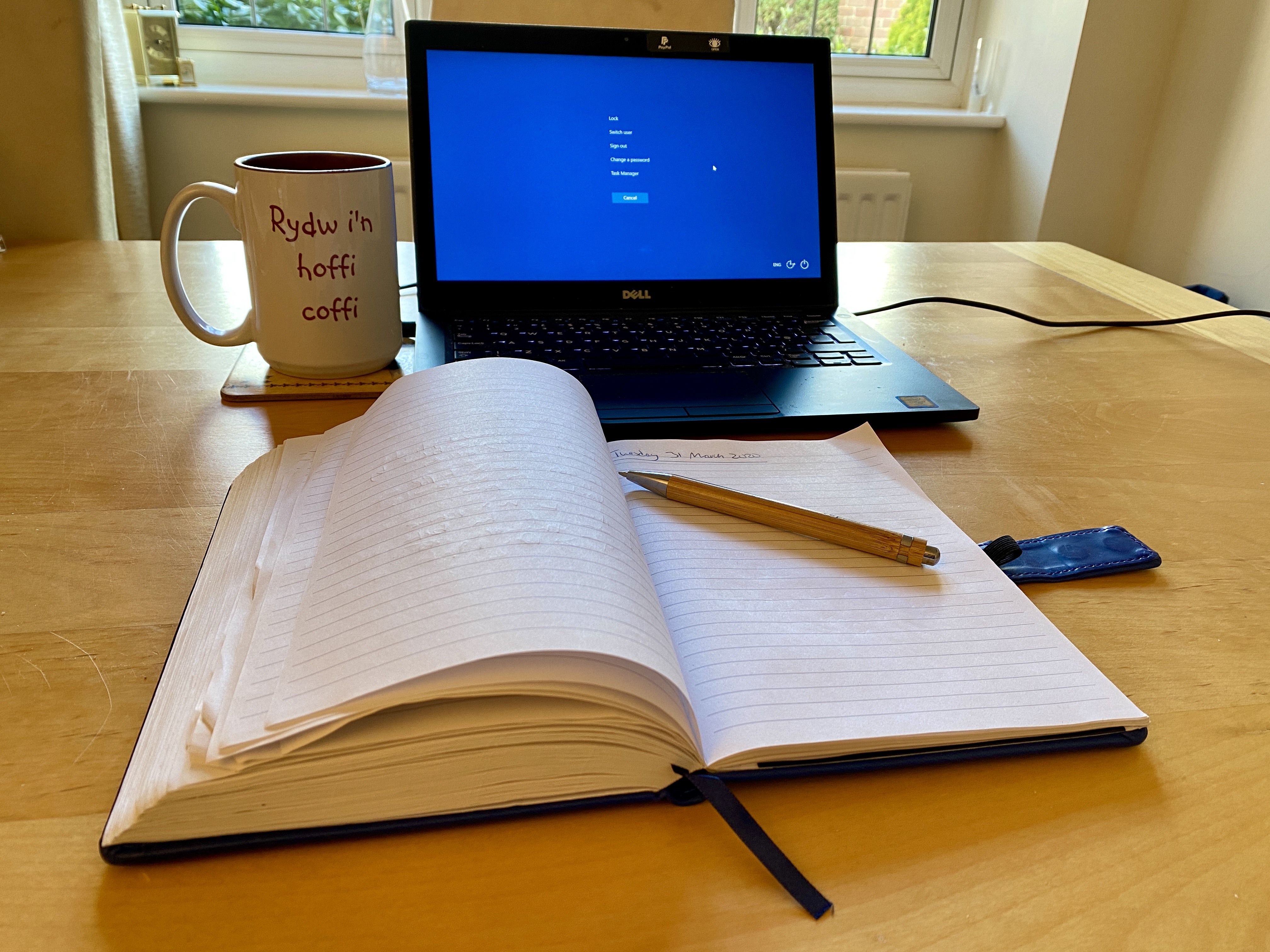
Above: ready to start another day
For millions of people, home is now the office. The days of commuting are over. Welcome to working from home.
Some of us have been doing this for years, although in my case just a day or two a week. COVID-19 has made it permanent – for now.
It’s a very big change, and we shouldn’t assume that the switch to home working is just using your laptop on your kitchen table rather than the office desk. Here are my top tips for effective home working.
Create a suitable home office
Find a suitable quiet spot to work. (Obviously this is easier in a large house than a bedsit.) Ideally this will be a room with a decent work surface, such as a desk or table, and where you can shut out any distractions of home life.
If you share your home with others, make sure they understand that just because you’re at home doesn’t mean you are free to play. (Though this is easier with adults than small children!) Unless you have the whole place to yourself, you might want to wear headphones to avoid that conference call booming across your home.
Make the most of technology Continue reading

